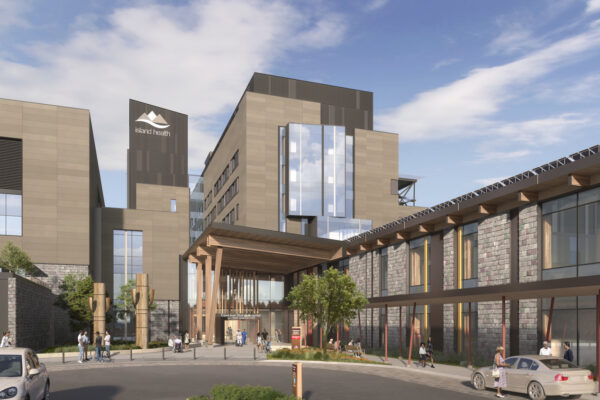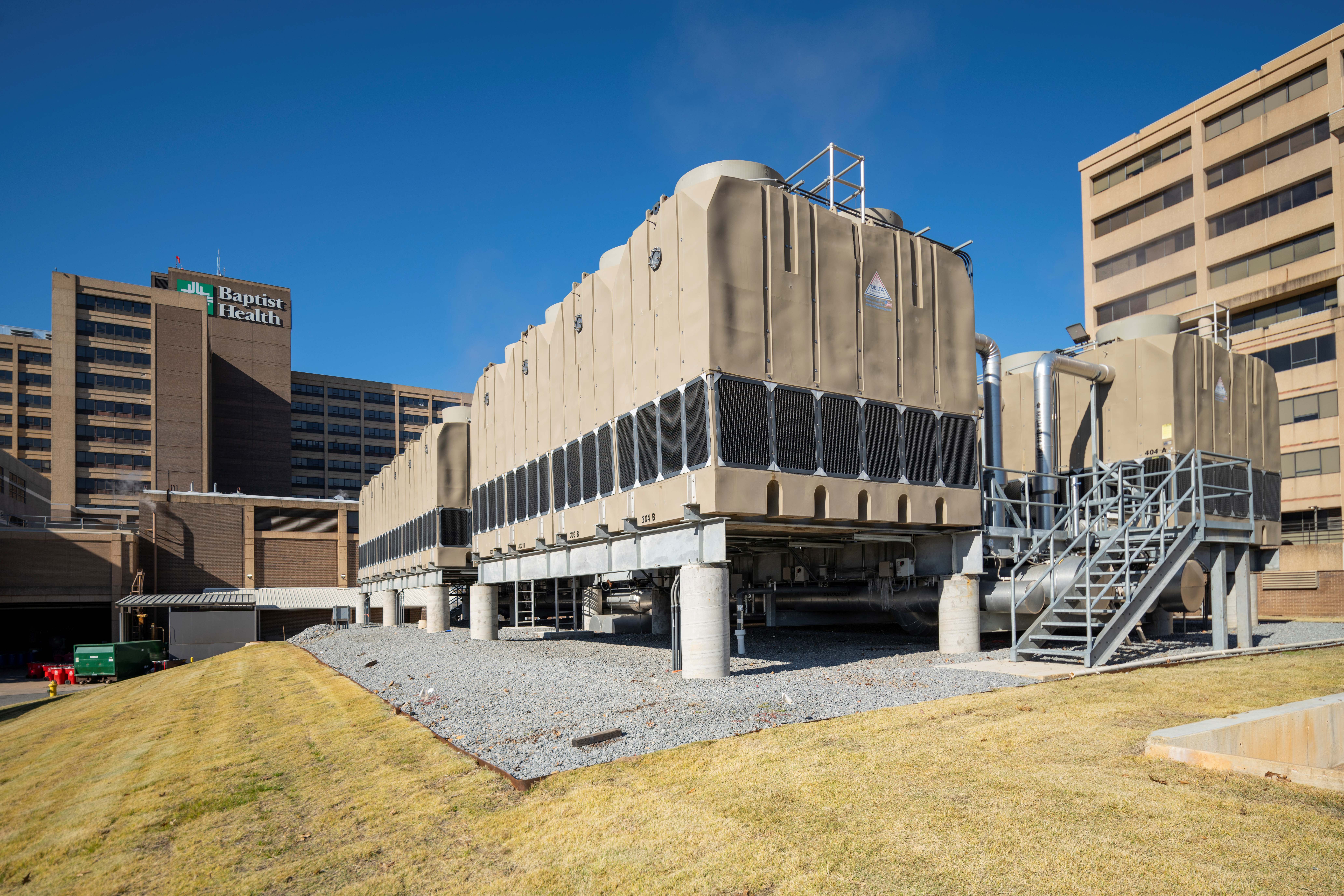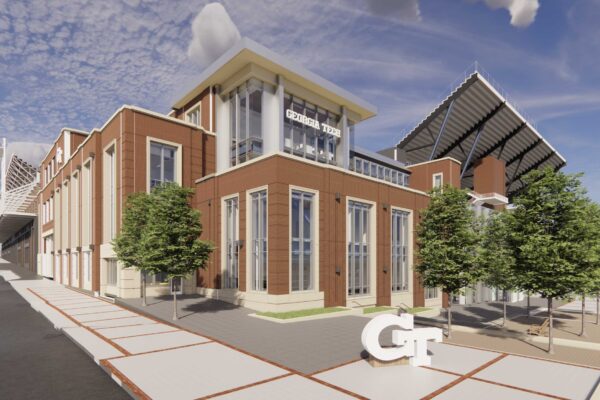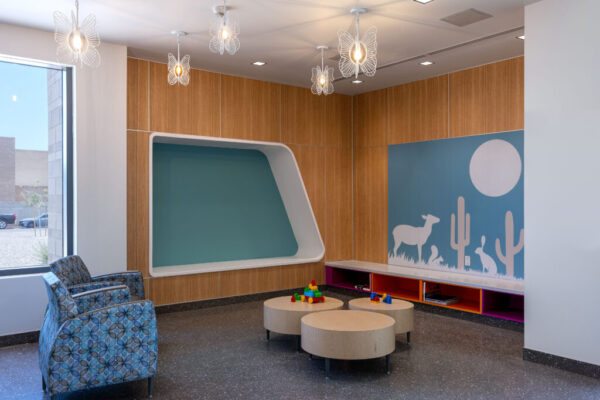
Inside a Fossil Museum That Doesn’t Rely on Fossil Fuels
The Jean and Ric Edelman Fossil Park Museum at Rowan University used mass timber construction to reduce the building’s carbon footprint.

The Jean and Ric Edelman Fossil Park Museum at Rowan University used mass timber construction to reduce the building’s carbon footprint.

Brooklyn College has launched a major step toward meeting its campuswide decarbonization goals with the drilling of a 500-foot geothermal test well, marking its participation in New York’s Decarbonization Leadership Program and positioning the institution as a leader in sustainable campus infrastructure.

The new 204-bed Cowichan District Hospital in Duncan, British Columbia, is the country’s first hospital to achieve Zero Carbon Building – Design™ certification.

Propane-powered combined heat and power (CHP) units can significantly reduce energy costs, lower greenhouse gas emissions and provide reliable on-site power for healthcare facilities.

As educational institutions strive to create healthier, more energy-efficient and student-centered learning environments, natural daylighting has emerged as a key design strategy that supports sustainable and inclusive learning design.

Powers is an HVAC, controls and service company that partnered with Baptist Health Medical Center–Little Rock to upgrade the hospital’s cooling towers.

As climate change intensifies, green building professionals face the growing threat of wildfire smoke that can compromise indoor air quality.

Georgia Tech celebrated a milestone in the construction of the Thomas A. Fanning Student-Athlete Performance Center.

Artificial Intelligence-driven solutions are addressing challenges around efficiency, resource use and environmental impact, fundamentally reshaping how sustainable construction is approached.

Construction Specialties launched Acrovyn in 2004 as the first complete PVC-free wall protection line, and it has long been a reliable healthcare solution.